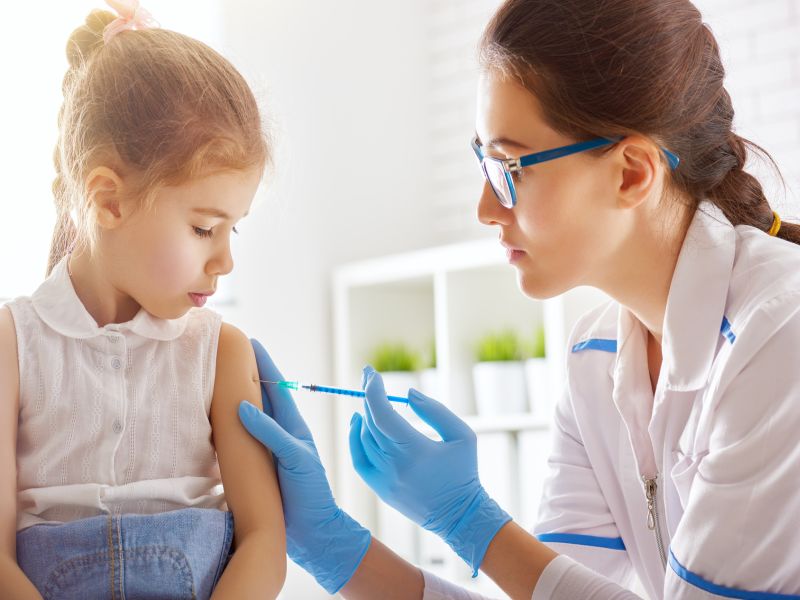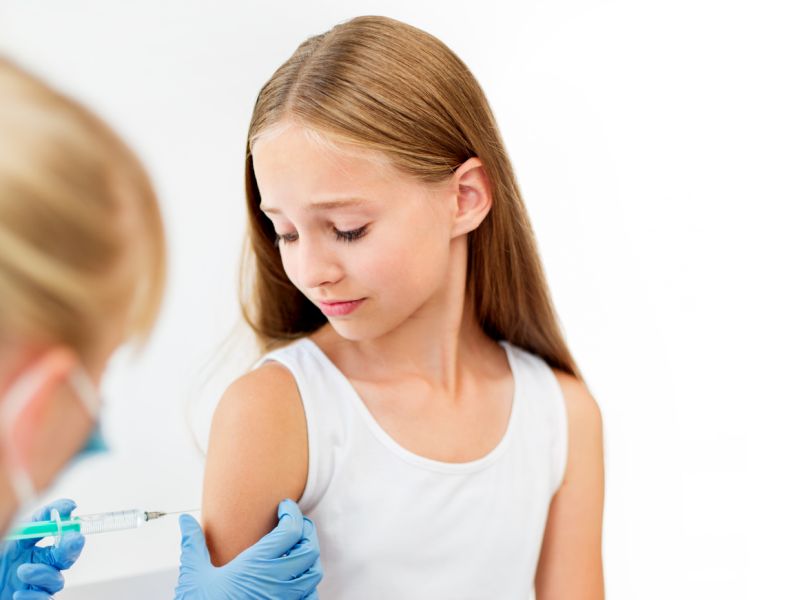
Having a healthy baby starts before you get pregnant, Penn State doctors say. Nearly half of all pregnancies in the United States are unplanned, said Dr. Andrew Lutzkanin, a physician in the department of family and community medicine. “Fortunately, most women of childbearing age are healthy,” he said. “And most pregnant women are motivated to… read on >






























